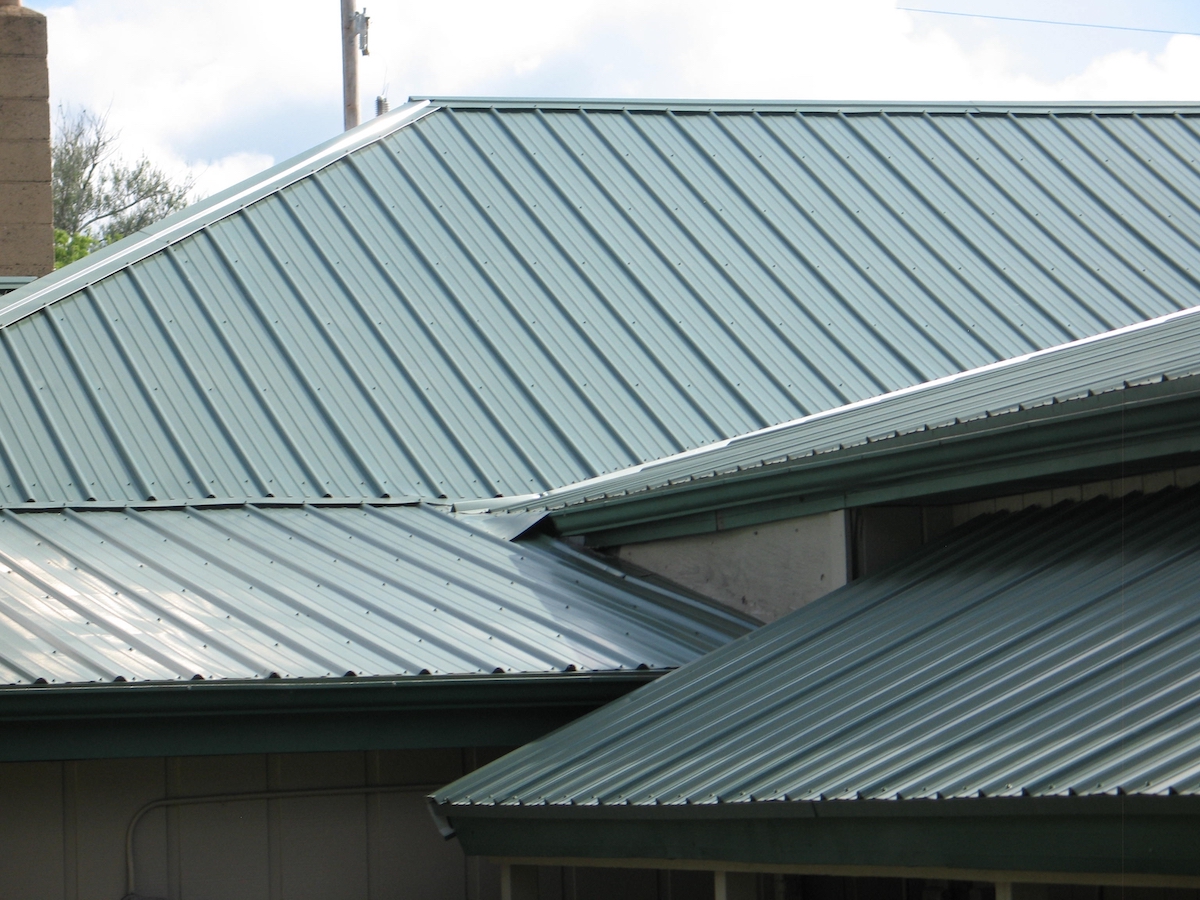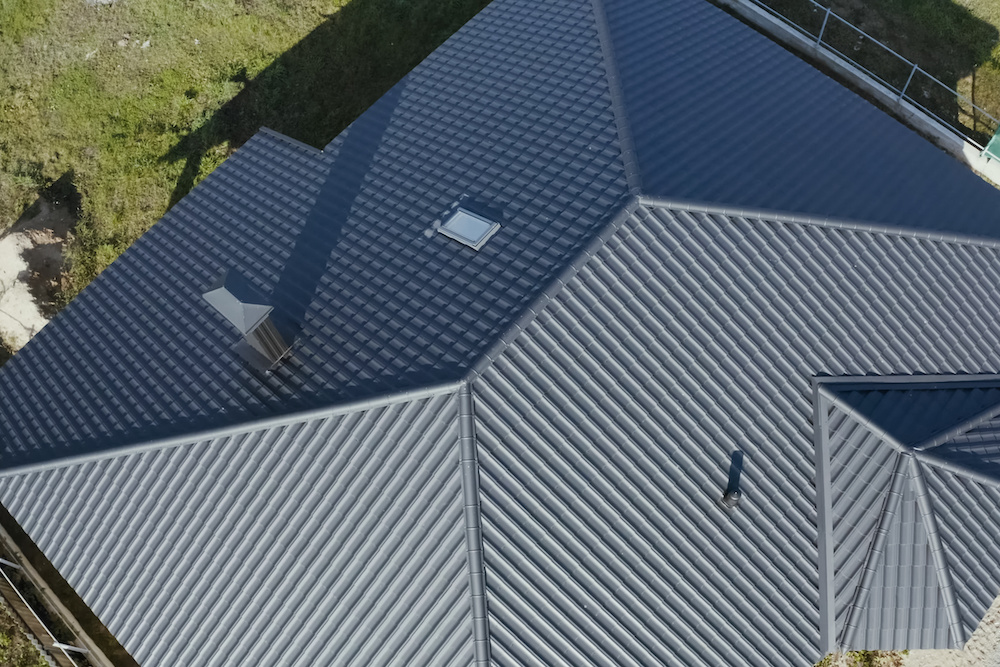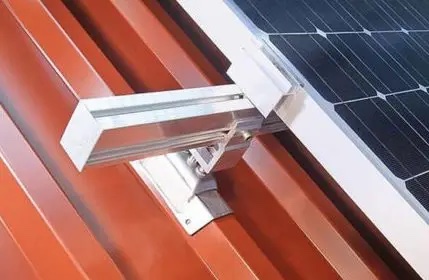
Find out what solar panels cost in your area
Because there are so many types of roofs, there are many different requirements to mount solar panels on them. Within metal roofing materials alone, there are a variety of profiles, gauges, metal types and considerations to take into account to properly install solar panels.
This is why it’s very important to be working with a trusted solar energy installer who can confidently select the appropriate mounting bracket for your metal roof solar installation.
In this article, we cover the basic ways the base mounting brackets are attached to different types of metal roofs.
Metal roofs and solar panels pair well together
Metal roofs are great for solar, because they last a very long time. If it’s time to replace your roof before you can go solar, you may consider investing in a metal roof install as well.
Metal roofs can last up to 70 years, whereas asphalt composite shingles are expected to last just 15-20 years. Most solar panel installations are guaranteed to last 25 years, but systems will be producing at strong capacity well beyond that.
When it becomes time to invest in new panels, say 30-35 years from now, you can simply swap the panels out without having to mount brackets and rails. This can potentially save you a lot of time and expense much further down the road if you’re planning on staying in your home a long time.
Installing solar on standing seam metal roofs
If you’re lucky enough to have a metal standing seam roof, there are solar panel mounting systems available which clamp onto the seams. In this way, no holes need to be drilled into your roof. Your solar installation will be faster, labor reduced, and you don’t need to worry about your roof being penetrated and water getting in.
The clamps are made from high strength aluminum and use a single bolt to secure the clamp. Most come with at least a 10 year warranty, but should easily outlast the life of your solar system.
Solar roof mounting for corrugated metal roofs

Image: Ludmila - stock.adobe.com
If you have a metallic corrugated roof, you’ll need a different mounting system. Special brackets are attached to the top crest of the corrugations, leaving the lower lying drainage areas free from holes.
Top quality brackets will come with rubber gasket seals on the base so your installer doesn’t need to worry about applying messy sealant all over your roof.
For solar panel systems installed on trapezoidal metal roofs

Trapezoidal roofing typically has more flat areas in between each peak, and the height of each ridge may vary. As such, brackets for trapezoidal metal roofs also vary in shape.
They are installed with a similar philosophy as the corrugated metal brackets. The idea is to have each bracket fit snugly over each trapezoidal ridge, to ensure optimal drill hole placement above the base level of the roof. Regardless, standard practice for this roof type is to use sealant to ensure there are no leaks.
Just for trapezoidal roof types alone, one leading bracket mount company carries over 15 different types of products.
Be wary of an installer who uses only two types of fasteners for the sake of versatility. Something is likely being compromised to fit, you don’t want that to be the integrity of your roof!
Installer fall protection on corrugated or trapezoidal metal roofs
If your metal roof is corrugated or trapezoidal, there is an additional point regarding safety and roof leakage to be aware of. Because there aren’t standing seams to clamp roof anchors to, safety equipment needs attached to be directly attached to your roof.
Many times, this means drilling a hole in your roof structure to attach this anchor to. Make sure your installer is using a fall protection anchor that doesn’t make your roof leak once that anchor gets removed after the work is complete!
Dan Hahn is a solar journalist and content advisor who works with solar installers and nonprofits to develop and execute strategic plans. He founded the residential solar policy resource Solar Power Rocks in 2007, where he served as chief architect and senior editor. There, he developed a national framework for evaluating the impact of residential solar policies and created annual state scorecards to benchmark performance across the United State...
Learn more about Dan Hahn